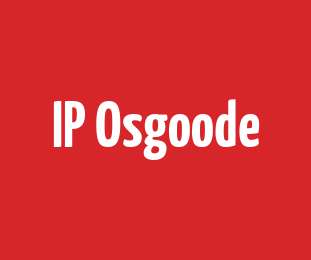[GuestPost] Opinion: Patent trolling threatens the market of taxi aggregators in Kazakhstan
The IPKat
AUGUST 16, 2021
Over to Konstantin for the story and his take on the developments: "Some may associate businesses whose primary aim is to assert patents in litigation to obtain license revenue with the Eastern District of Texas or the Unwired Planet decision in the UK, and not think about cases further afield from Marshall, Texas or London.












Let's personalize your content